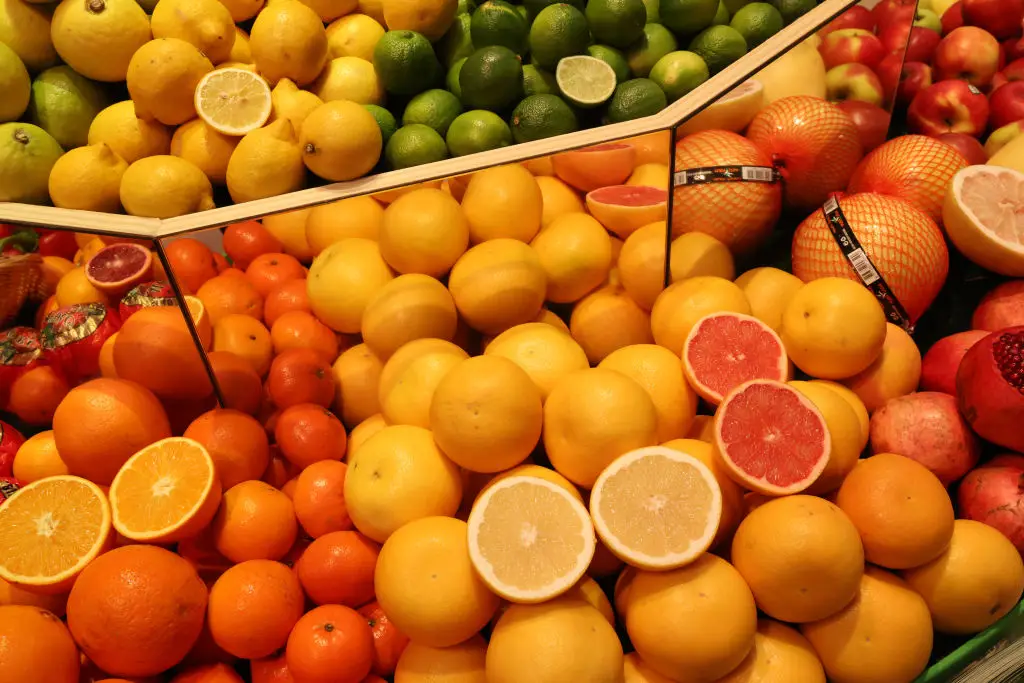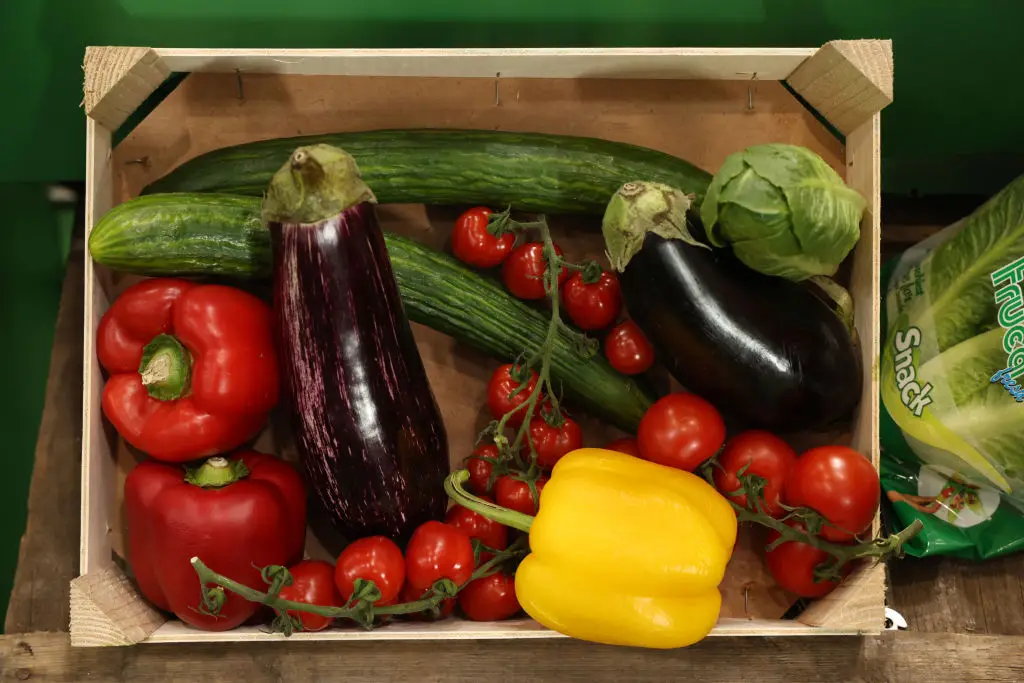
Studies conducted involving twin siblings have revealed that consuming higher amounts of fruit and vegetables can have a specific effect on decreasing depressive symptoms, which could be incredibly useful for treating mental health worldwide.
Eating more fruit and veg - and in turn, eating healthier as a result - isn't exactly the biggest hidden trick in the world, yet it's surprising how far reaching its positive effects can be in the grand scheme of things.
One such area that recent studies have shown it to be particularly effective is in dealing with mental health struggles, with depression seemingly the focal point.
Arguably the toughest aspect of mental health ailments is how challenging they are to deal with from a medical perspective, as while there are life-changing medications they can be hit and miss for some and not every illness has a corresponding treatment.
Advert

What if there was an easier way to deal with these symptoms though? Well, according to a recent study in Scientific Reports, there might just be.
The research, as reported by InSight, "highlights the potential protective role of fruit and vegetable consumption against depression," in particular utilizing data sources from twin cohorts.
The reason why twin studies are so effective in the medical context is that they're able to eliminate a lot of uncontrollable variables that help you gain a better conclusion.
For example, twins not only share many of the same environmental circumstances but they also obviously have similar genetic makeups too, so if you're able to conduct research on one and directly compare it to the other it can be far more illuminating than putting it next to another random participant.
With a pool of 3,483 participants, the research revealed that high fruit intake did cause a moderate reduction in depressive symptoms compared to low intake, but both high and moderate vegetable consumption made a difference.
The tricky aspect is that the difference made is only around a 1.6% reduction in depressive symptoms, although there are still two caveats that hamper the study.

Firstly, participants in the study were understood to have a low baseline level of depressive symptoms, so the relatively lower reduction might be reflect of a lack of symptoms in the first place.
On top of this, it's understood that the 'high' consumption levels of both fruit and vegetables were still well below the recommended level for most countries, and it's unclear how much of an effect reaching this mark would make on prospective symptoms of affected individuals.
While the study remains somewhat limited in its execution right now, it does indicate signs that link higher fruit and veg consumption to lower depressive symptoms, and the use of twin studies was a vital factor in unveiling that.
